Since the launch of Writer Emergency Pack in 2015, we’ve partnered with youth writing programs to get decks into classrooms and after-school groups. By far our biggest partner is NaNoWriMo’s Young Writers Program.
With the arrival of [Writer Emergency Pack XL](https://www.kickstarter.com/projects/johnaugust/writer-emergency-pack-xl?ref=41qc4k), I asked NaNoWriMo’s executive director [Grant Faulkner](https://twitter.com/grantfaulkner?ref_src=twsrc%5Egoogle%7Ctwcamp%5Eserp%7Ctwgr%5Eauthor) for an update on how the original decks are being used.
**JOHN: A lot of people are familiar with National Novel Writing Month (NaNoWriMo), but what is [Young Writers Program](https://ywp.nanowrimo.org)?**
GRANT: It’s a version of NaNoWriMo, just for kids. When I was a kid, I didn’t dream of writing a novel (and I was bookish). Because of our Young Writers Program, though, now nearly 100,000 kids write novels each year, and educators from over 9,000 classrooms around the world participate.
The challenge is, like NaNoWriMo, to draft an entire novel in November. We believe that giving kids agency and making writing fun is the best way to learn. For 30 wild, exciting, surprising days, kids get to lock away their inner editor, let their imagination take over, and just create! You might say our pedagogy is rooted in joy.
**What are students doing in the program?**
We provide teachers a virtual classroom so they can do things like read student novels and create chat topics. And then we also provide kids with free classroom kits — which include Writer Emergency Packs! — workbooks, and Common Core-aligned K–12 lesson plans.
Kids set word-count goals for the month (appropriate to their age and capabilities) and then draft their novel right on our site. They track their progress, and then they also get support from published authors and an international community of fellow novelists.

**How are teachers using Writer Emergency Pack in the classroom?**
I’ve heard so many stories. I’ve heard of teachers who weave cards into the mini-lessons they might do on things like conflict or characterization. I’ve heard of teachers who hand out cards to students who might have hit a wall and have writers’ block. I’ve heard of teachers who give the cards to groups of students and have them use the cards to collaboratively create a story together and then tell it to the class as a way to warm up to write in November.
There is one commonality, though: all teachers make the cards part of the classroom, which is important, because the classroom becomes a writing community during NaNoWriMo.
**What feedback have you gotten from teachers about the decks?**
They love them! The cards are encouraging, approachable, and fun! They provide the same lessons a book might—but in a single illustrated card. Like NaNoWriMo itself, the cards are all about sparking the imagination, making writing not about a teacher’s red correction marks but the joy of storytelling.
**Do you think the new decks will have the same reaction?**
I do. I think the size of the cards makes them more inviting. All of the relevant information is now on a single card, and with 52 cards there’s enough for every student in class, even bigger classes.
And, just one more thing: I know adult writers who use the cards as well (me).
—
Writer Emergency Pack XL is [now on Kickstarter](https://www.kickstarter.com/projects/johnaugust/writer-emergency-pack-xl?ref=41qc4k). For every deck we send to backers, we’ll be sending a deck to our youth writing program partners, including NaNoWriMo’s Young Writers Program.
Photo by Kenny Eliason/Unsplash
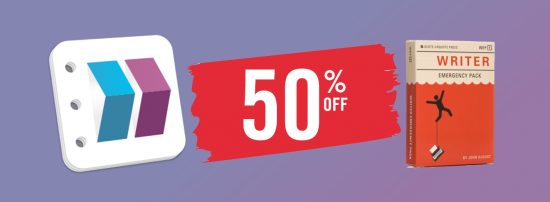 Every fall, we put many of the products we make on sale. Typically, it lines up with Back to School or Labor Day, but the notions of “time” and “seasons” and “school” don’t seem to match the actual experience of 2020.
Every fall, we put many of the products we make on sale. Typically, it lines up with Back to School or Labor Day, but the notions of “time” and “seasons” and “school” don’t seem to match the actual experience of 2020.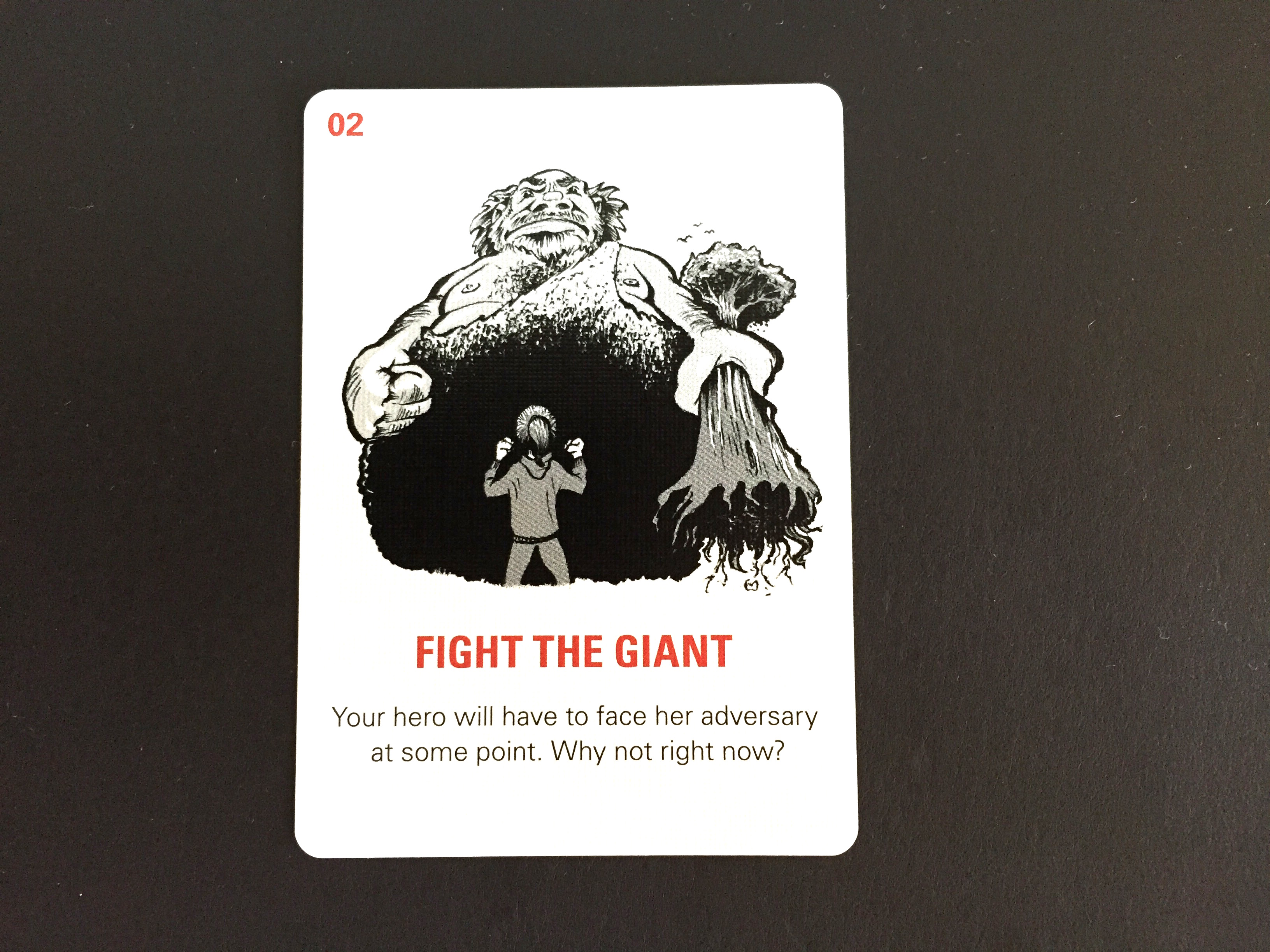
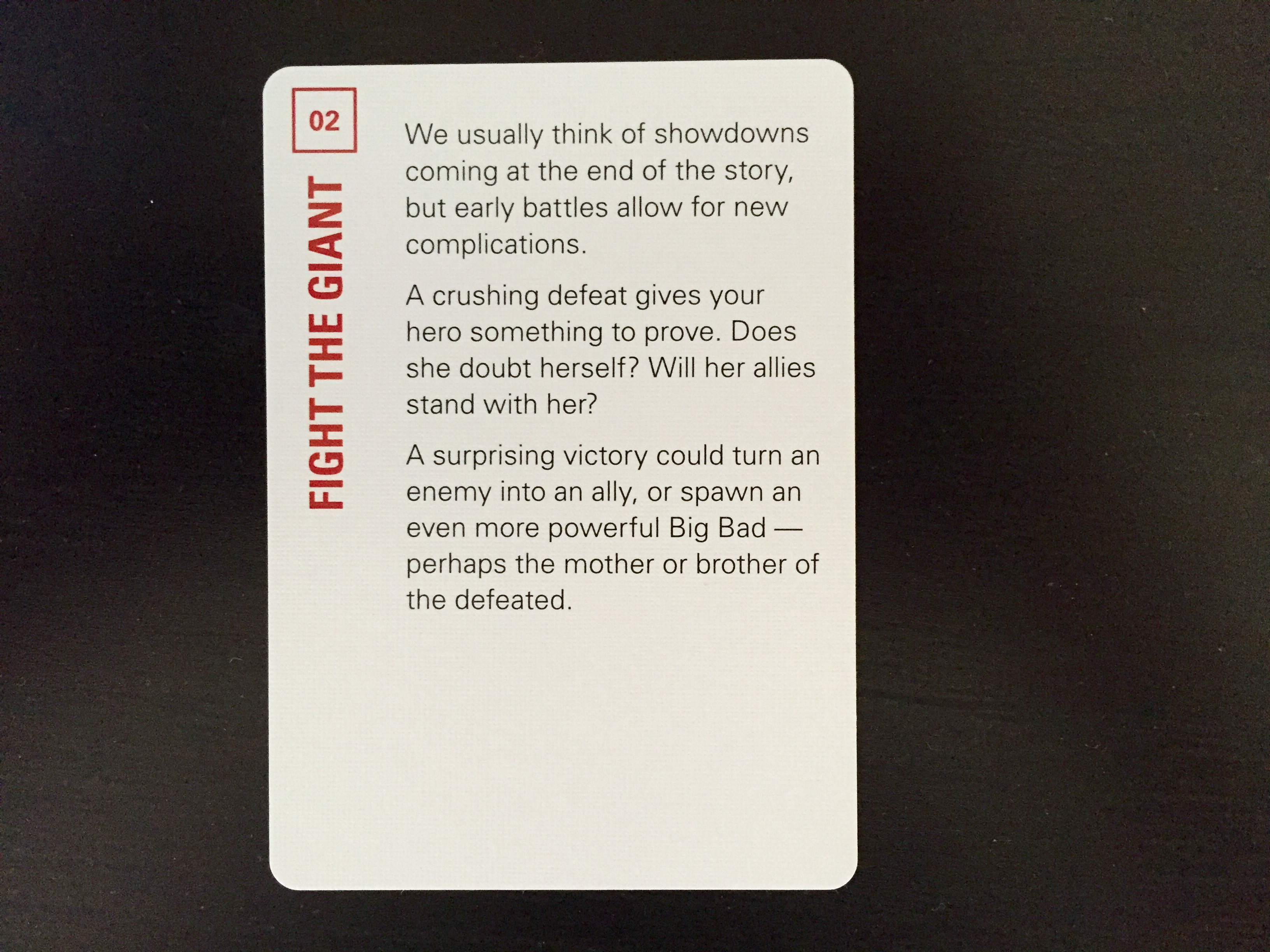
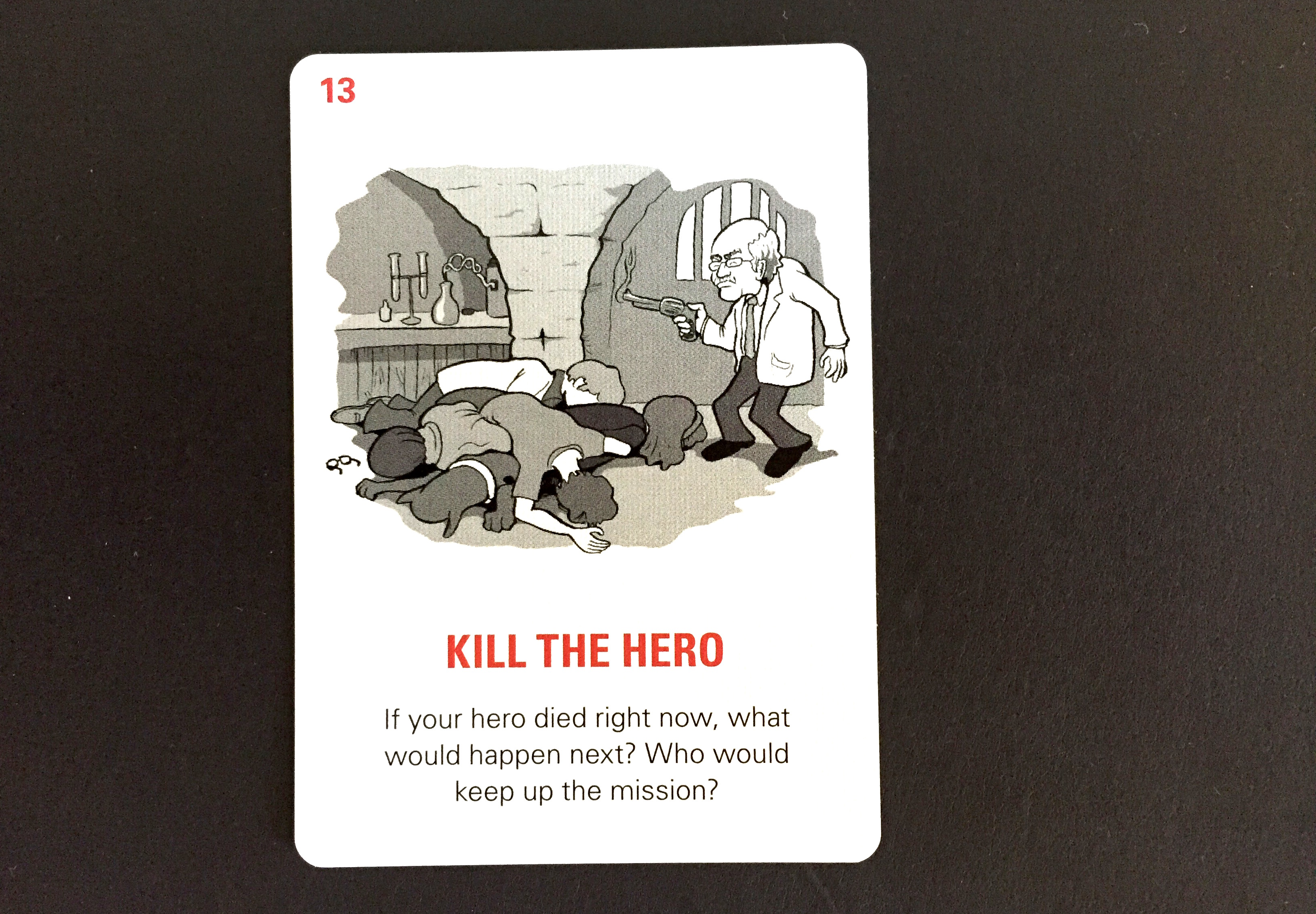
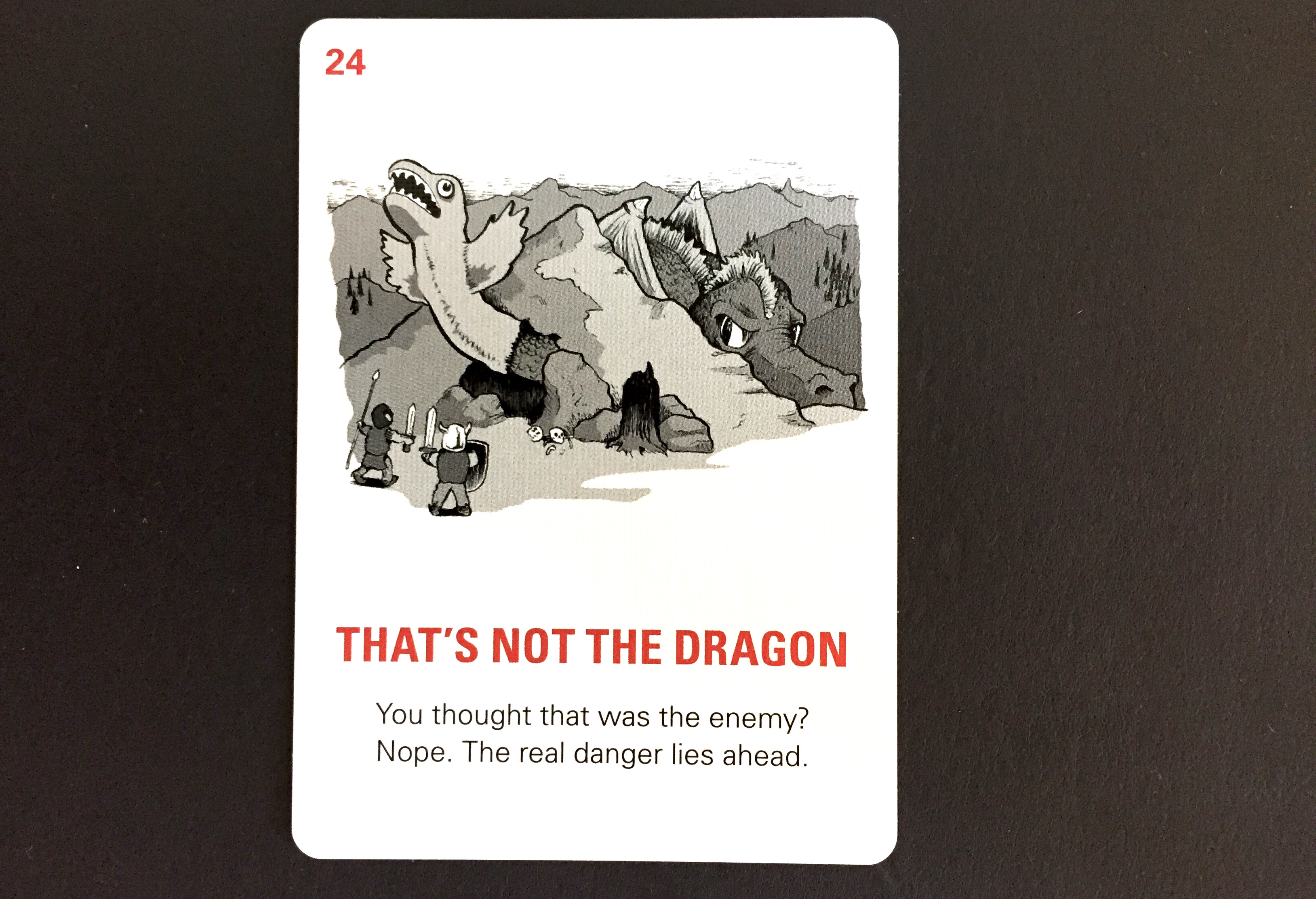
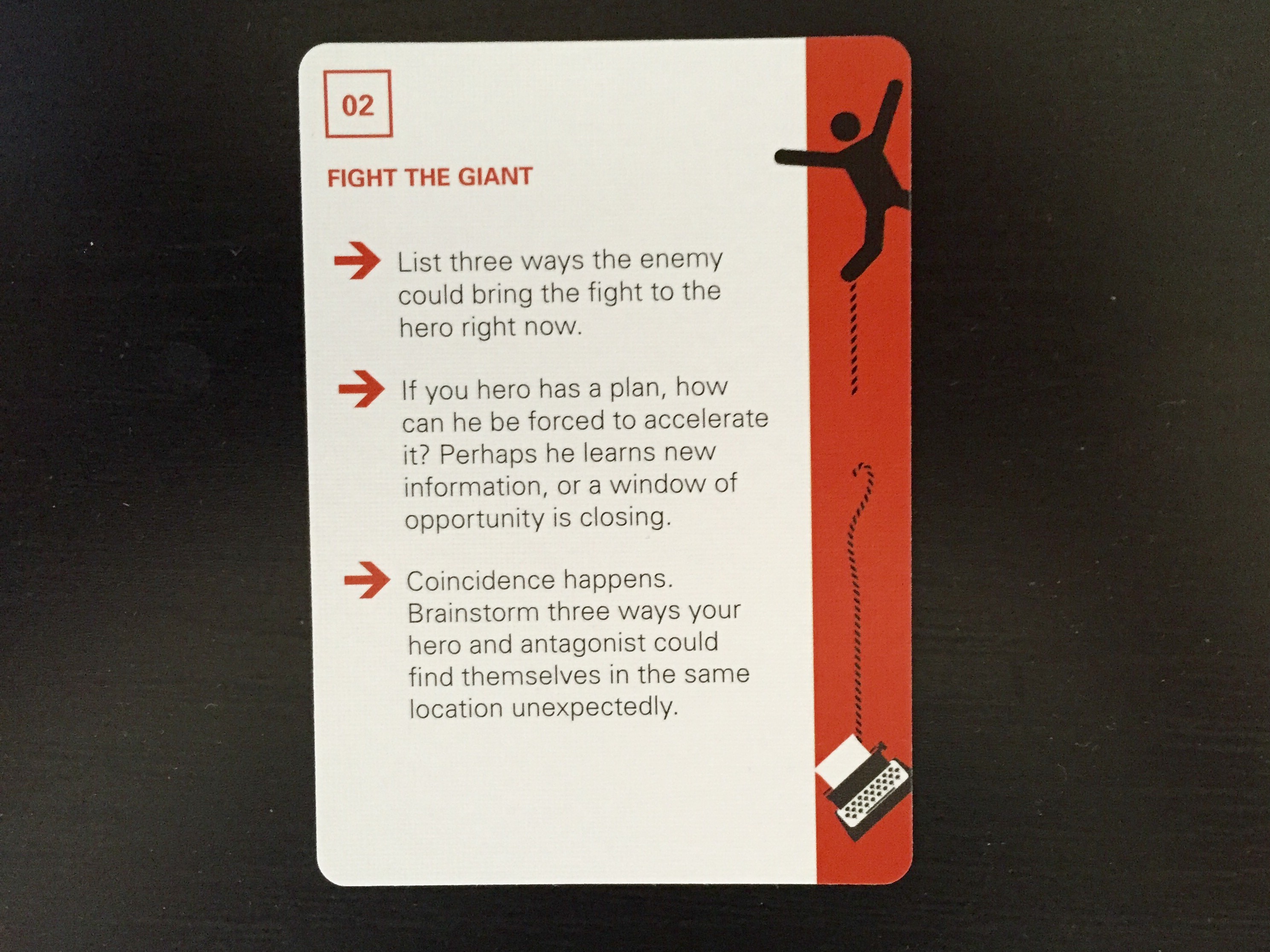
 ](http://store.johnaugust.com/products/scriptnotes-200-episode-usb-flash-drive)
](http://store.johnaugust.com/products/scriptnotes-200-episode-usb-flash-drive) ](http://store.johnaugust.com/products/scriptnotes-200-episode-usb-flash-drive)
](http://store.johnaugust.com/products/scriptnotes-200-episode-usb-flash-drive)